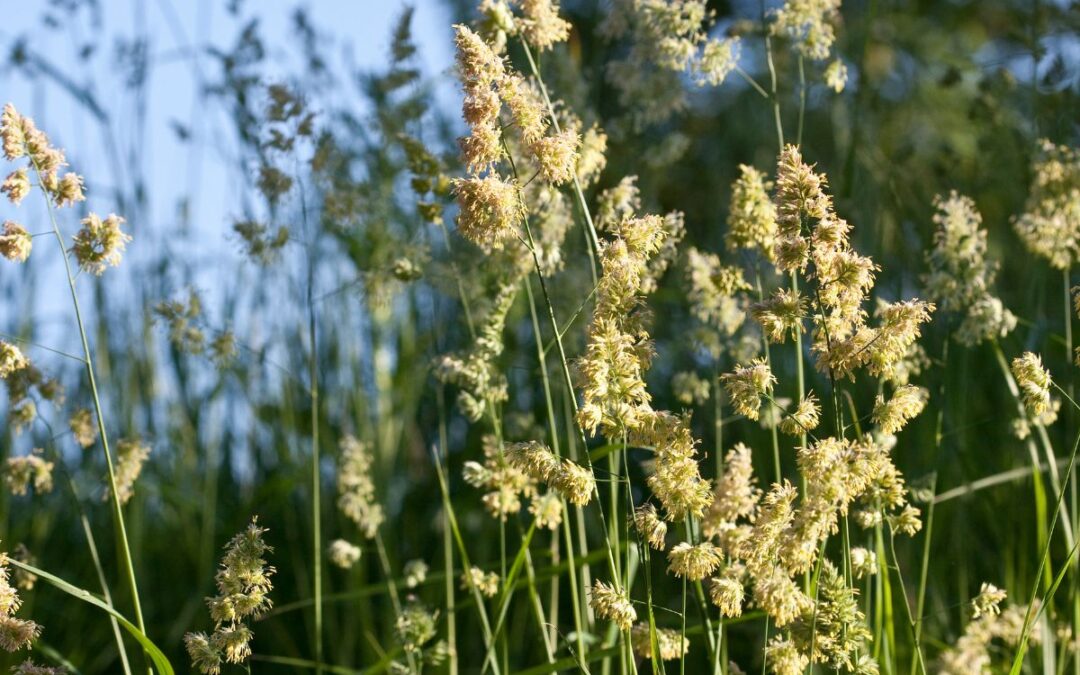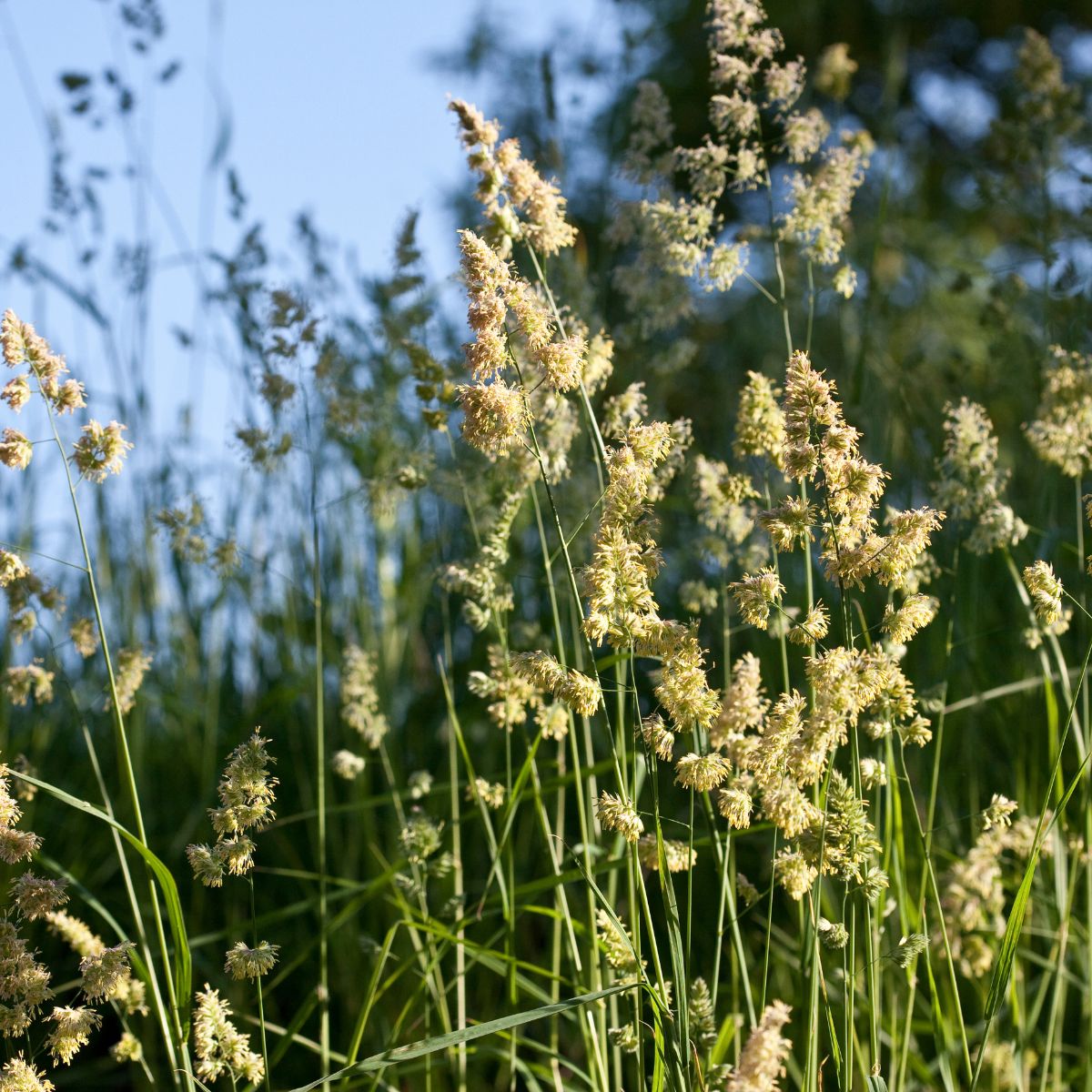From Pollen to Peace: Natural Remedies for Seasonal Allergies
It’s that time of year when I can really suffer with seasonal allergies. Whilst 1 in 4 Britons suffer with hayfever there really has been very little advancement in modern medicine to help the most chronic sufferers who can find themselves suffering for months on end which can be extremely debilitating.
And what medication there is can either come with side effect warnings or potential long term health damage. New research is linking certain antihistamines (particularly first generation ones) to cognitive decline and increased risk of Alzheimer’s. The news recently had highlighted the extent people are going to relieve their hayfever symptoms, including buying unlicenced drug Kenalog from unregulated sellers or online. The side effects of this powerful immunosuppressant steroid include increased blood pressure, dizziness, severe abdominal pain , depression, blindness and even death. The NHS quite rightly concluded the benefits did not outweigh the risks!
So really in the case of hayfever an ounce of prevention is worth a pound of cure. Integrative approaches can provide relief and promote long-term wellness without any side effects and in some cases can be just as effective. I’ve chosen my top seven integrative remedies for seasonal allergies. They may sound simple but you would be surprised what a difference some of these can make over time.
Homeopathy
My first go-to remedy as soon as symptoms appear is homeopathic medicine Mixed Pollen and Grasses 30c, x1-2 daily which I start as soon as symptoms start to arise. I find this tends to stop the initial symptoms and after a few weeks also prevent any more seasonal allergies leaving me free to enjoy my spring and summer.
Acupuncture and acupressure
Current evidence shows us that acupuncture is both effective and fairly safe for hayfever, proving relief from symptoms and preventative management of the condition. Acupuncture supports the body’s response to hay fever by stimulating key acupoints linked to the respiratory and immune systems. It can reduce inflammation –helping to ease nasal swelling, improve airflow, and relieve congestion. It also balances immune function, modulating the body’s immune response to reduce the hypersensitivity that triggers hay fever symptoms.
Stinging Nettle (Urtica dioica)
Taken orally, nettles can help prevent hay fever symptoms by inhibiting histamine production—especially when used at the first sign of symptoms. Research has shown that nettles help regulate the release of pro-inflammatory cytokines and prostaglandins, and they also inhibit the production of COX-1 and COX-2 enzymes, both of which play a key role in inflammation. You can start with nettle tea (either shop bought or carefully picking and brewing fresh nettles) or there are also nettle supplements available if you are squeamish about the tea. But I think it’s delicious drunk fresh!
Vitamin D3
Whilst hayfever is not an autoimmune disease, researchers have found that hayfever risk genes overlap with autoimmune disease. With autoimmunity we know that vitamin d deficiency is prevalent in many autoimmune diseases and is often recommended to anyone with an autoimmune condition. In terms of hayfever, vitamin D is useful as it improves the regularity function of the immune system, balancing any allergic response. It is always best to test your vitamin D before supplementing and check your dosage accordingly.
Quercetin
Quercetin is a natural flavonoid that stabilizes mast cells (which release histamine with seasonal allergies). There are several studies to show that including quercetin in your diet or using a more concentrated dose as a supplement can be very effective in place of antihistamines but with none of the side effects. Foods rich in quercetin include red onions, capers, buckwheat, shallots, red apples. berries, tomatoes. If you are looking to take a supplement, 500-1000mg is recommended and sometimes you will find food supplements with bromelain or stinging nettle also to help with quercetin absorption but please always consult a qualified health practitioner especially if you are on medication.
Saline lubrication
This method works not only preventatively but also helps once hayfever symptoms have started. A shop bought saline spray, or netti pot pushes a flow of saline solution through your nasal passages to reduce down or prevent pollen getting into the immune system and can be extremely effective.
Medicinal Mushrooms
Fungi act as immunomodulators, meaning they can either enhance or calm the immune response as needed. This ability to regulate immunity holds significant therapeutic potential, particularly in managing allergic conditions. The medicinal mushrooms with the evidence showing they are helpful with allergies include Royal Sun Mushroom which helps regulate the immune system and Reishi, a powerful anti-inflammatory and natural antioxidant which contains a bioflavonoid triterpene which inhibits histamine release.
Ultimately, integrative approaches focus on strengthening the body’s resilience, preventative care and minimizing exposure to your known hayfever triggers. Always consult a healthcare provider before beginning any new treatment—especially with herbs or supplements.
Dr Elizabeth Thompson


